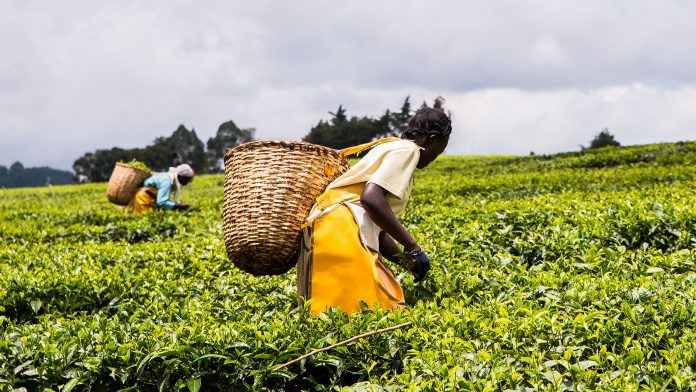A recent report released by the Food and Agriculture Organization of the United Nations (FAO) has raised alarms about the shortfall in climate finance directed towards agrifood systems.
The report highlights a concerning trend of diminishing financial support for agrifood systems in contrast to the global climate finance flows.
This reduction in funding arrives at a critical juncture when increased financial aid is imperative to meet the targets set by the Paris Agreement and facilitate the execution of the United Arab Emirates Declaration on Sustainable Agriculture, Resilient Food Systems, and Climate Action, which garnered support from more than 150 world leaders.
Maria Helena Semedo, FAO’s Deputy Director-General, emphasised the importance of supporting agrifood systems: “The unique potential of agrifood systems to tackle the climate crisis can only be realised by scaling up investments in agrifood systems solutions and actions.
“The diminishing trends of both agrifood and adaptation investments is a missed opportunity to equip farmers around the world with the knowledge, the much-needed technologies and innovation to enhance their resilience and adapt to climate change impacts.”
What is climate finance?
The term ‘climate finance’ encompasses financing drawn from various sources—be it local, national, or transnational, spanning public, private, and alternative funding avenues—to bolster mitigation and adaptation initiatives combating climate change.
Between 2000 and 2021, the allocation of climate-related development finance for agrifood systems totalled $183bn, with over half of the funding distributed after 2016. However, in stark contrast, contributions in 2021 nosedived to $19bn, marking a 12% decrease compared to the previous year.
Moreover, in 2021, bilateral resource providers constituted 59% of climate-related development finance for agrifood systems, with multilateral providers contributing 35% and the private sector only 5%.
Sub-Saharan Africa emerged as the primary recipient, securing 53% of these funds, mainly from bilateral donors like Germany and the European Union.
Which regions have been impacted the most?
The adverse effects were most pronounced in Asia, witnessing a sharp 44% drop from 2020. In contrast, Africa and Europe experienced marginal increases of 4%, while Latin America and the Caribbean saw a modest 6% rise.
Despite an overall upward trajectory in global climate-related development finance from $9bn in 2010 to $19bn in 2021, the growth rate for agrifood systems falls considerably short of the average observed across all climate-related development finance sectors, which has tripled or quadrupled in the same period. For instance, finance directed at the transport sector has nearly quadrupled during this time.

The report underscores that while agriculture requires substantial adaptation finance to implement National Climate Plans, such financing is also witnessing a decline.
A concerning statistic highlighted in the report, citing the Climate Policy Initiative, indicates that only 4% of global climate finance was directed towards agrifood systems between 2019 and 2020.
To transform these systems and achieve climate action and the Sustainable Development Goals (SDGs), an estimated $680bn annually until 2030 would need mobilisation.
Steps to reinforce agrifood systems and food security
The report highlights the growing popularity of blended finance, advocating for a combination of public and private funds to support climate-smart agricultural projects with substantial financial, environmental, and social benefits.
It emphasises the need for a tailored financing approach that aligns with the diverse needs and priorities of different regions and sectors.
Addressing climate change in agrifood systems demands an astute allocation of resources across various facets, contributing to mitigation and adaptation goals, sustainable food production, and food security.
The report concludes with a call for immediate action, urging a strategic rethinking and allocation of climate finance to fortify agrifood systems, vital for climate resilience and achieving broader global development objectives.









